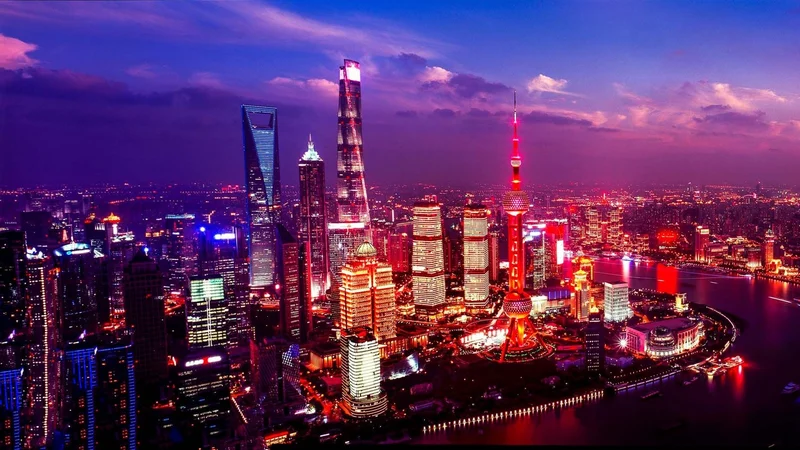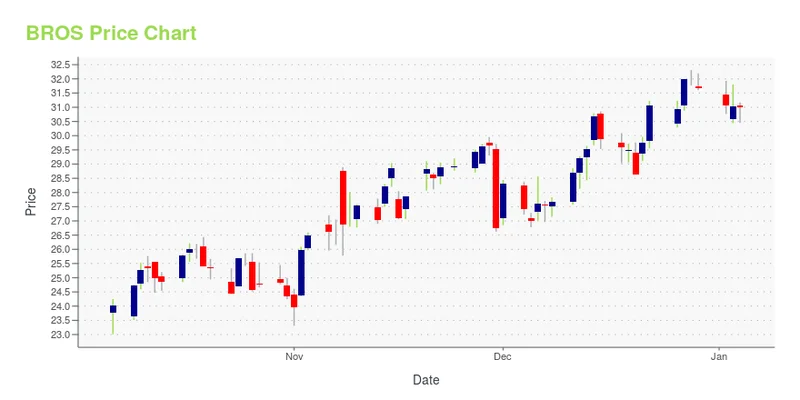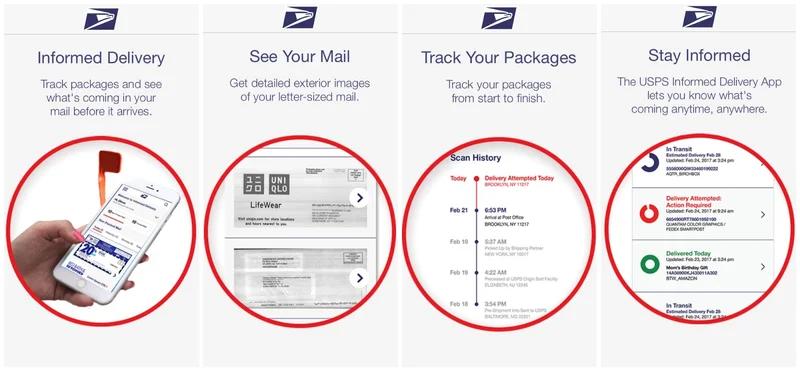China's Deflationary Shockwave: The Hidden Opportunity for a Tech Revolution
Generated Title: The Coming Age of Clarity: Why Our Digital Chaos Is About to End
Have you ever felt it? That low-grade hum of digital static, the sense that you’re scrolling through a conversation where everyone is shouting but no one is making sense. I was looking at a data feed just this morning, and it felt like a perfect, almost comical, snapshot of this modern madness. It started with a dense, legalistic cookie policy from a media giant, then abruptly jumped to a collapsed Chinese spy trial in the UK. A moment later, it was flashing headlines about trade threats and deflationary pressure in Beijing.
The cold, legalistic drone of a cookie policy suddenly crashing into the hushed-tone intrigue of a spy thriller… it’s a jarring, nonsensical stream of information. It’s a digital salad made of unrelated ingredients, and we’re served a giant bowl of it every single day.
For decades, the great promise of the internet was access to information. We built the world’s biggest library, but we forgot to hire a librarian. The result is this chaos. We’re drowning in facts but starved for wisdom. We have more data points than ever before, but do we have more understanding? Are we actually any closer to the truth? I think for many of us, the honest answer is no. But I’m here to tell you that this era—this age of noise—is coming to an end. We’re on the cusp of a paradigm shift, and it’s not about getting more information. It’s about getting more clarity.
The End of the Search Bar
For the last twenty years, our primary tool for navigating the digital world has been the search bar. It’s a powerful tool, but it’s fundamentally passive. It waits for you to ask the right question. It gives you a list of documents, not a synthesis of knowledge. It’s like being handed a thousand books and being told, “The answer is in there somewhere. Good luck.”
This is why we feel so overwhelmed. We’re all forced to be our own intelligence analysts, piecing together fragments from a dozen tabs, trying to distinguish the signal from the endless, roaring static. That cookie policy I mentioned? It’s a perfect metaphor for the problem. It’s a wall of text designed for legal compliance, not human comprehension. It’s a firehose of information that soaks you without quenching your thirst for a simple answer: what are you doing with my data?

But what if our tools could do the synthesis for us? What if they could read the thousand books and just tell you the story? This is the promise of what I call “synthesis technology,” powered by what the industry calls contextual AI—in simpler terms, it’s an AI that understands meaning, context, and relationships, not just keywords. It doesn’t just find links; it connects dots. When I first saw a demo of a true contextual synthesis engine last year, I honestly just sat back in my chair, speechless. We fed it a dozen disparate articles about a complex geopolitical event, and instead of a list of links, it produced a coherent, easy-to-understand narrative brief. This is the kind of breakthrough that reminds me why I got into this field in the first place.
This isn’t just a better search engine. This is a new cognitive layer for the internet itself. Imagine pointing this kind of tool at that jumbled mess of data I saw this morning. It wouldn’t just show you the fragments. It would say: “These are unrelated data points. One is about UK counter-espionage, one is about US-China trade policy, and the rest is legal boilerplate. There is no coherent event here.” That simple act of identifying incoherence is, itself, a profound form of intelligence. It’s the tool telling you, “There’s no story here, you can move on.” How much of our time and mental energy could that save?
Your Future Cognitive Partner
This transition from search to synthesis is a leap as significant as the move from the scroll to the printing press. The printing press gave us access to information at scale; synthesis engines will give us understanding at scale. The speed at which this is developing is just staggering—it means the gap between a complex global event happening and you or I being able to truly comprehend its nuances is shrinking faster than we can even process.
Think about what this means for us, for you. It means a doctor could feed a patient’s entire medical history and the latest thousand research papers into a system and get back a concise summary of potential diagnoses and cutting-edge treatments. It means a student could ask, “Explain the fall of the Roman Empire,” and get a dynamic, personalized lesson plan drawn from the best sources on the planet. It means you could ask about a complex piece of legislation and get a simple, unbiased explanation of who it helps, who it hurts, and what the hidden clauses are.
Of course, with this incredible power comes an immense responsibility. If we are building tools that help shape our understanding of reality, we have to be relentlessly focused on building them ethically. How do we ensure these systems don't just create more sophisticated echo chambers, serving up syntheses that only confirm our existing biases? What are the guardrails we need to build to ensure they are programmed for curiosity and truth, not just for engagement and comfort? These are the critical questions we need to be asking right now, as we lay the foundation for this new world.
But I am, as always, an optimist. I believe that these are solvable challenges. We are not just building tools; we are building cognitive partners that can help us navigate a world that has become too complex for any single human mind to fully grasp. We are moving from a world of information scarcity to information abundance, and now, finally, to information clarity.
The Dawn of Understanding
We’ve spent a generation building an internet of data. Now, we finally get to build an internet of meaning. The static is overwhelming, I know. The chaos feels permanent. But it’s not. It’s the darkness before a much brighter dawn. We are on the verge of taming the digital chaos, not by adding more to it, but by building the intelligence that can finally make sense of it all. The future isn’t about knowing more; it’s about understanding better. And that future is closer than you think.
Related Articles
Planet's Space Platform for Google's Moonshot: What's the Catch?
Google's Space-Based AI Dream: Ambitious or Just Plain Insane? Alright, let's get this straight. Goo...
Brooke Rollins: Who She Is and What She's Really After
So, the U.S. Secretary of Agriculture just announced a "top national security priorotiey" on X, the...
AMC: Unlocking the Future of Shared Experiences
The Unseen Revolution: When Our Minds Become Limitless Imagine a world where your deepest thoughts,...
Bros Stock: What's Happening with Dutch Bros vs. Warner Bros?
Generated Title: "Pardon Our Interruption": Or, How I Learned to Stop Worrying and Love the Bot Chec...
USPS Launches Informed Delivery App: A Sign of Government Innovation as FEMA Halts Preparedness Grants
The Last Mile, Digitized: Why the New USPS App is More Than Just Package Tracking There's a strange,...
Bucharest: $141 Getaway? What's the Catch?
Generated Title: Is 'Travel Hacking' Even Worth the Trouble Anymore? A Cynic's Take Bucharest on a B...





